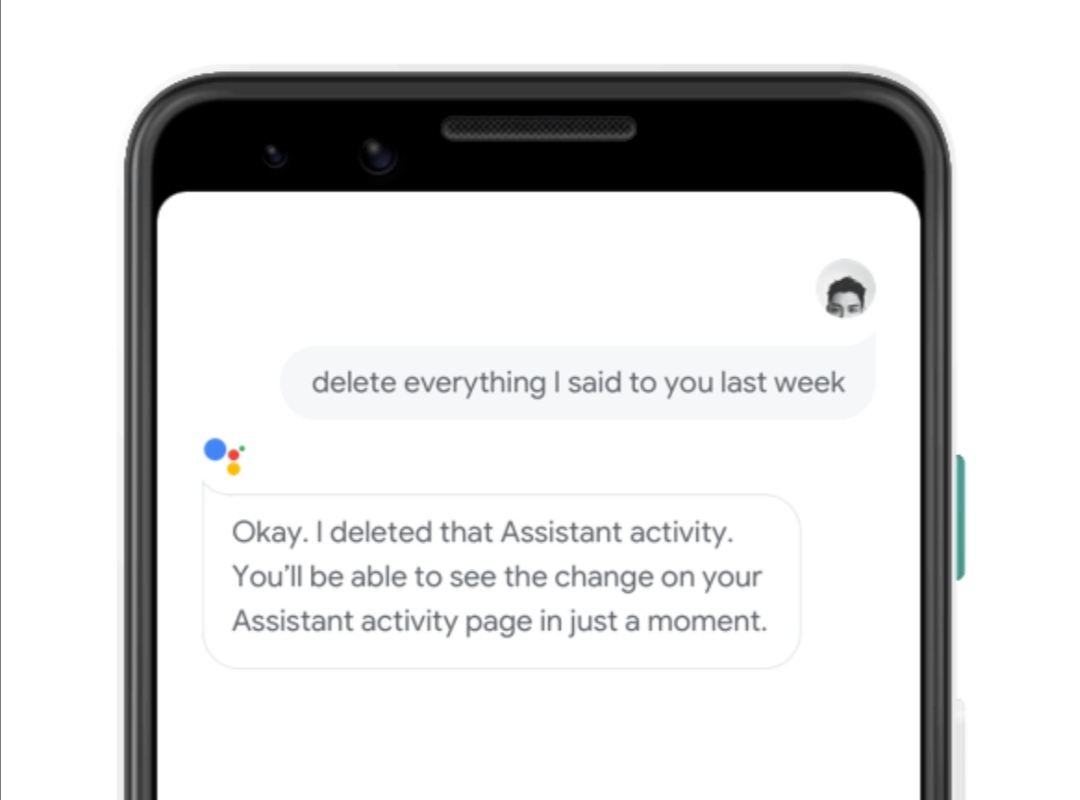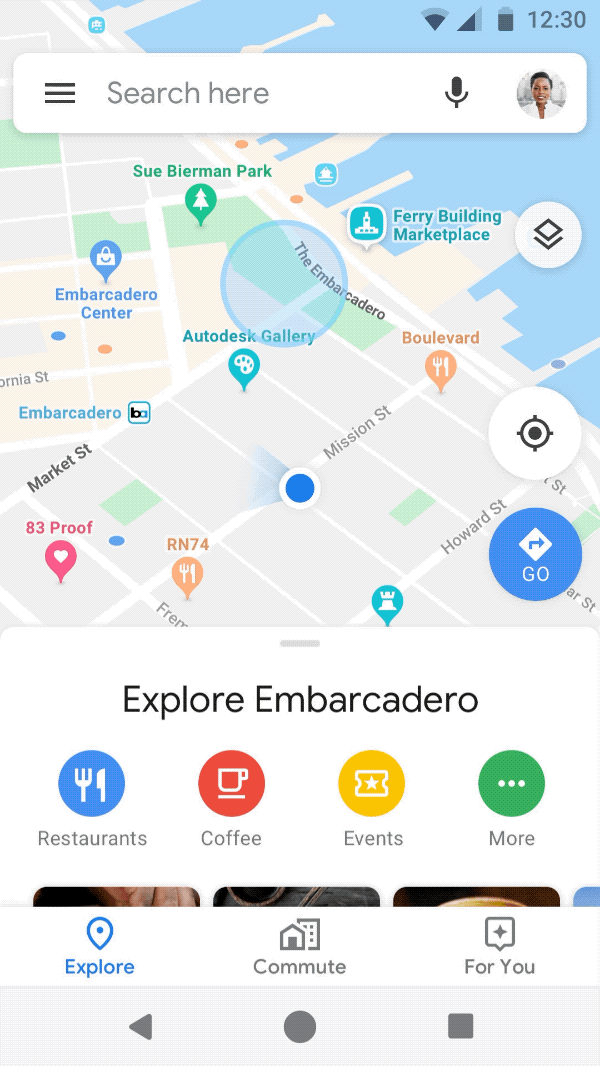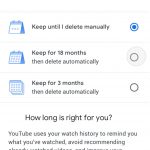In 2019, and after years of personal data breaches from major organisations we’re all a little more aware and cautious about handing our information over in exchange for particular services. Tech companies are meeting consumers in the middle, being more open and communicative about the data they store as well as how, why and where they store it.
Google’s been updating some of its privacy controls for users’ data this year, and today has announced a couple of new watt you can have more control over your data.
YouTube History
The company added the ability to automatically delete location history data earlier in the year.
It’s now rolling out a similar control to your YouTube History, so it’ll cycle out after 3 months, 18 months or whenever you tell it to delete (ie, never if you don’t tell it to).
Assistant History
A voice assistant is only as good as the things it can do when asked, and Google Assistant is now perhaps a little more trustworthy than your own human assistant.
If you’ve asked the Google Assistant to look up the profiles of Eiffel 65’s members, we think that’s ok. But if you’re embarrassed by it, you can tell the Assistant to forget what you said and it’ll do it – unlike your human assistant who’ll forever judge your taste in music.
Google’s examples are “Forget the last thing I said to you” and “forget everything I said last week”. It’ll also delete judgement.

Incognito Maps
Finally, Google’s also bringing Incognito mode to Maps. This was announced a little while ago but it seems they’re finally ready to roll it out.
You can enter Incognito mode with a tap on the top-right profile icon, and exit the same way.

In incognito mode, Maps won’t save your search history and it won’t be used to personalise your experience.






